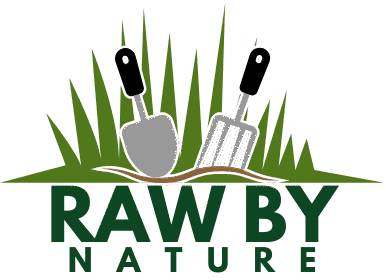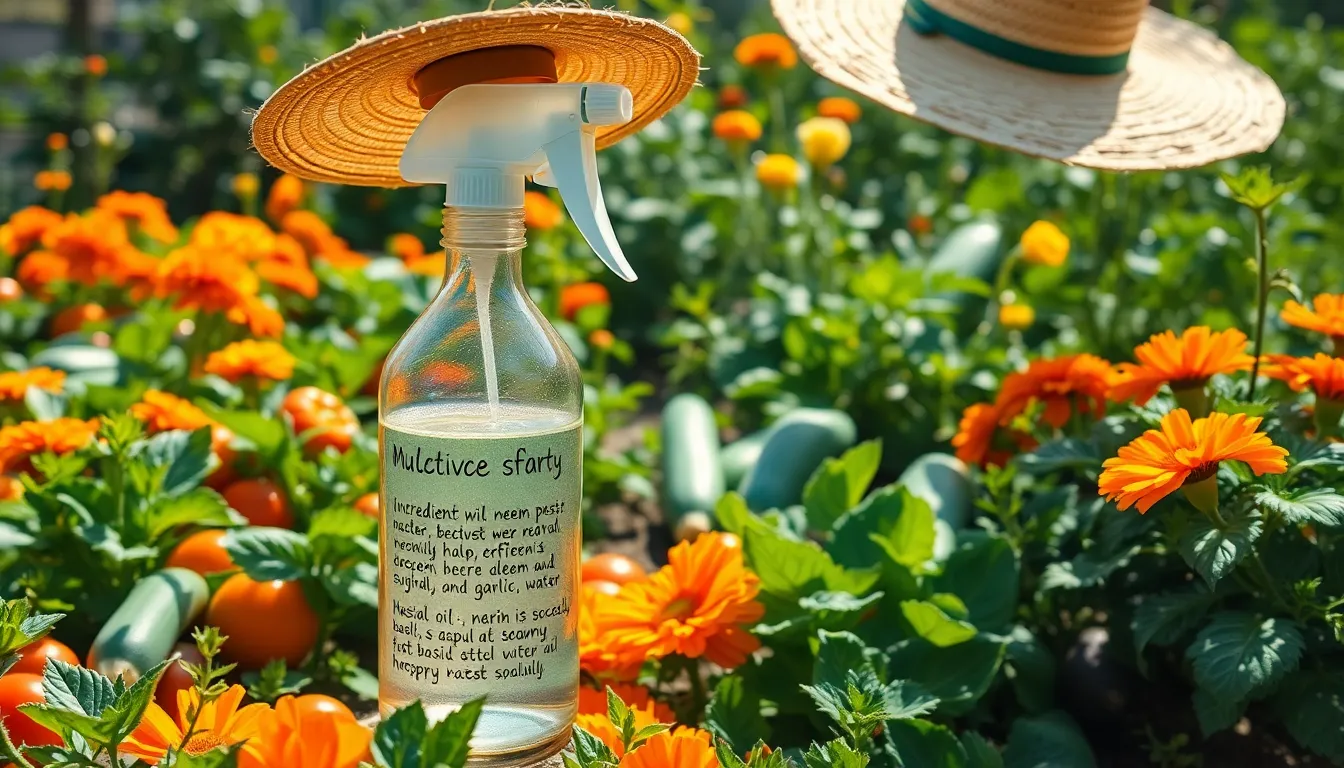When it comes to nurturing a thriving garden, one of the most rewarding aspects is witnessing the fruits of your labor flourish in harmony with nature. Yet, the presence of persistent pests can feel like a daunting challenge, threatening the very health of your cherished plants. Whether you are just starting your gardening journey or have years of experience under your belt, learning how to naturally repel these unwelcome guests is crucial. Embracing natural pest control not only safeguards your garden’s vitality but also fosters a sustainable ecosystem right in your backyard.
Understanding the ideal timing to implement natural pest repellents can significantly enhance their effectiveness. As seasons change and plants transition through various growth stages, different pests present varying levels of threat. This article will guide you through the nuances of pest behavior, helping you identify the perfect moments to act. By the end, you’ll be equipped with practical tips and strategies that align with your garden’s unique rhythm.
Together, we will explore the diverse world of natural pest repellents, from aromatic herbs to beneficial insects, ensuring you have an arsenal of eco-friendly options at your disposal. You’ll discover how to integrate these solutions seamlessly into your routine, making pest control a rewarding part of your gardening experience. Let’s embark on this journey to cultivate a garden that is not only bountiful but also resilient and in harmony with nature.
Aphid Infestations on Roses
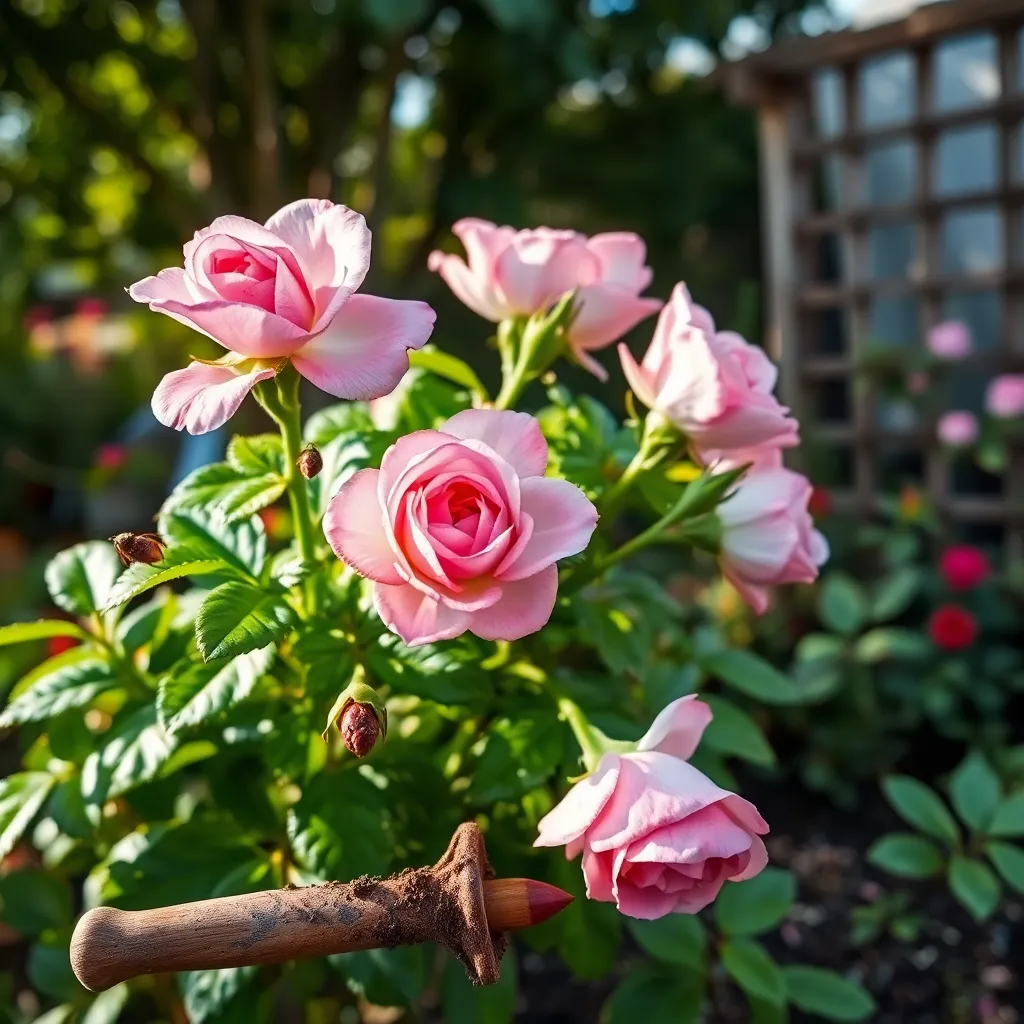
Aphids are a common pest that can wreak havoc on your beautiful rose bushes. These tiny insects suck the sap from the plant, causing leaves to curl and buds to deform, which can stifle the blooms you’ve worked hard to cultivate.
To naturally repel aphids, consider using a homemade soap spray. Mix one tablespoon of dish soap with a quart of water and apply it to the affected areas of the plant, ensuring thorough coverage.
Introducing beneficial insects is another effective strategy to combat aphid infestations. Ladybugs and lacewings are natural predators of aphids and can be purchased at many garden centers or online.
For those who prefer a botanical approach, neem oil is an excellent choice. Derived from the seeds of the neem tree, this oil not only repels aphids but also helps improve the overall health of your roses by acting as a fungicide.
In addition to pest control, proper plant care is essential for preventing infestations. Ensure your roses are planted in well-draining soil and receive about one inch of water per week, either through rainfall or supplemental watering.
Pruning your roses regularly can also help keep aphid populations in check. Remove any dead or diseased wood and keep the center of the plant open for good air circulation, which discourages pests.
Snail Damage to Vegetables
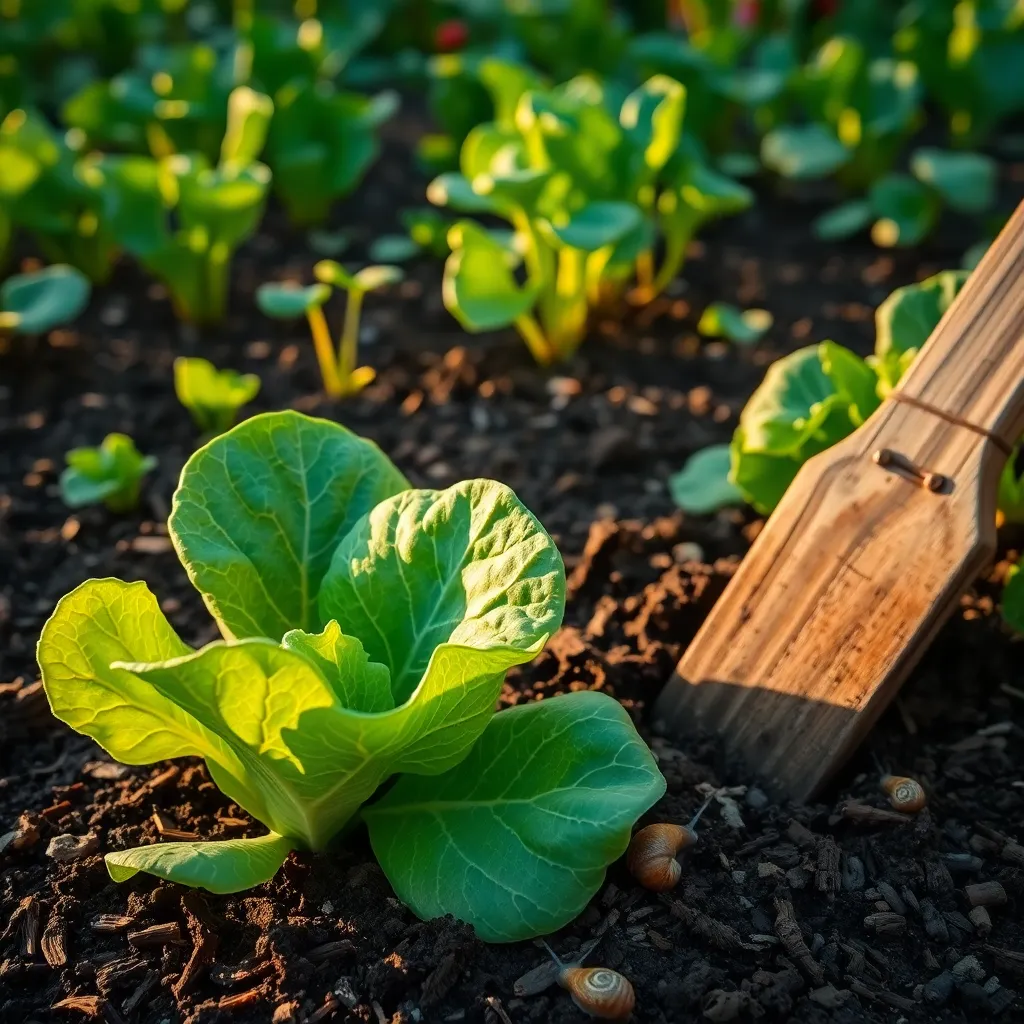
Snails are persistent pests that can cause significant damage to vegetable gardens, particularly during wet seasons. These nocturnal creatures are known for leaving behind telltale silvery trails and ragged holes in the foliage of plants, especially on tender seedlings and leafy greens.
To protect your vegetables, consider setting up physical barriers such as copper tape around the edges of your garden beds. Copper creates a natural reaction with the slime of snails, deterring them from crossing and reaching your plants.
Another effective method involves using natural repellents like crushed eggshells or coffee grounds scattered around your plants. These materials create rough surfaces that snails find difficult to navigate, keeping them away from your vulnerable vegetables.
For those looking for an advanced approach, introduce natural predators such as ground beetles or toads into your garden ecosystem. These animals can help control snail populations naturally, reducing the need for chemical interventions.
Spider Mites on Indoor Plants
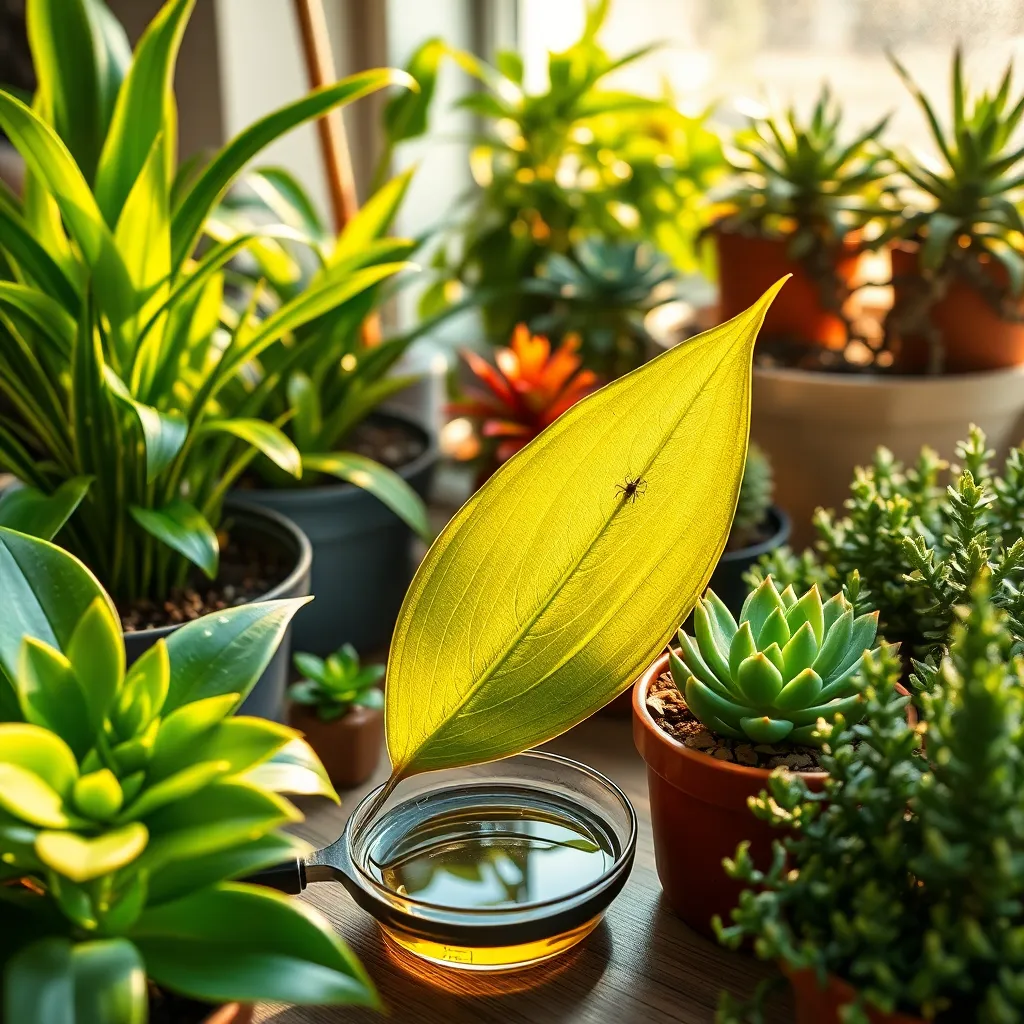
Spider mites are tiny pests that can cause significant damage to indoor plants if not promptly addressed. They thrive in warm, dry environments, making your home an ideal breeding ground, especially during winter months when indoor heating is prevalent.
To combat these pests, regularly inspect your plants for early signs of infestation, such as yellowing leaves or fine webs. If you notice these symptoms, it’s important to act quickly to prevent a full-blown infestation.
A natural way to repel spider mites is by increasing humidity around your plants. You can achieve this by misting your plants with water daily or placing a humidifier nearby, which creates an unfavorable environment for spider mites.
For a more targeted approach, consider making a homemade spray using water and a few drops of neem oil, which is a natural pesticide. Spray this solution on the affected plants, ensuring you cover the undersides of leaves where spider mites often hide.
Caterpillar Chewing on Leaves
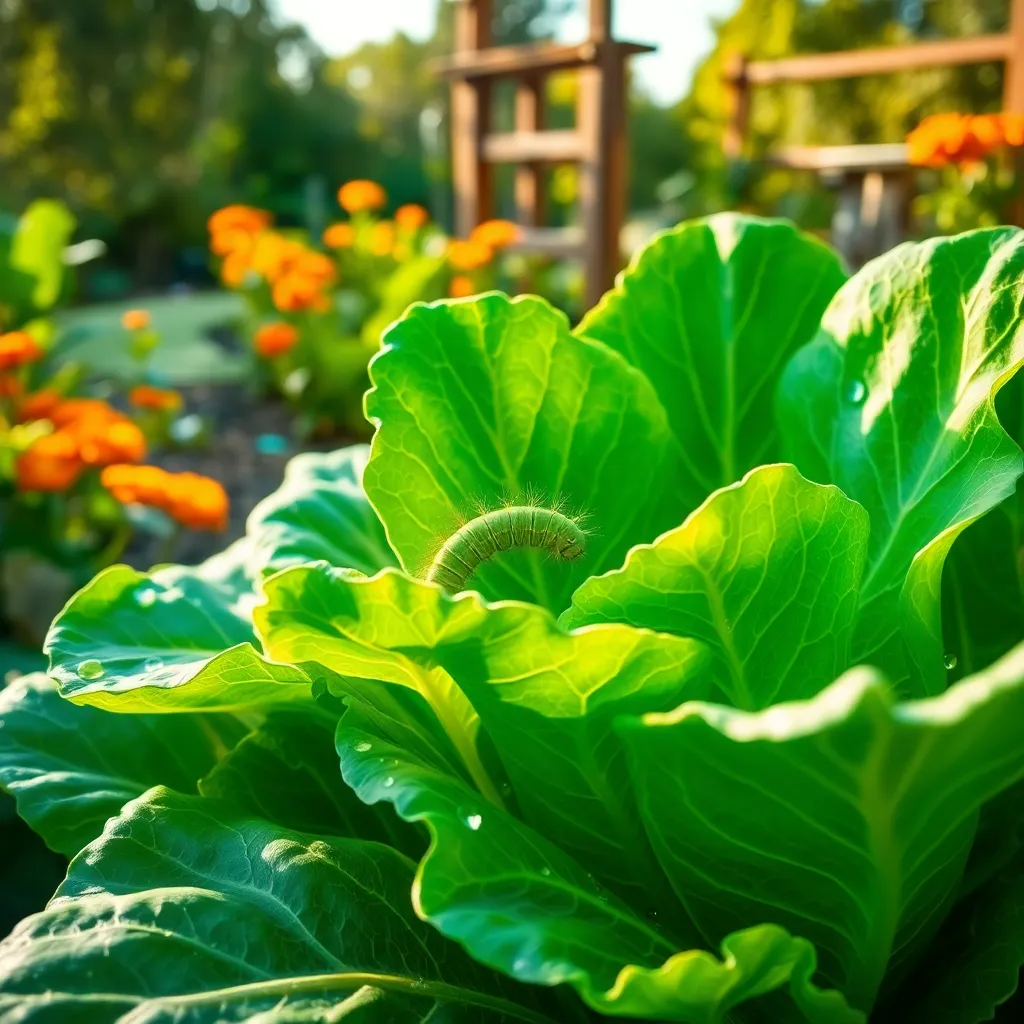
Caterpillars are a common garden pest that can cause significant damage by chewing on leaves. To manage them naturally, start by regularly inspecting your plants for early signs of infestation, such as small holes in the leaves and droppings on the soil.
Handpicking caterpillars is an effective method, especially in small gardens. Wear gloves and remove caterpillars from your plants, placing them in a container of soapy water to dispose of them humansely.
For larger infestations, consider using a homemade spray made from a mixture of water, a few drops of dish soap, and a tablespoon of neem oil. This natural pesticide can help deter caterpillars without harming beneficial insects.
Another technique is to encourage natural predators like birds to visit your garden. Installing a bird feeder or birdbath can attract these helpful creatures, which will feast on caterpillars and reduce their numbers.
Slug Trails in Flower Beds
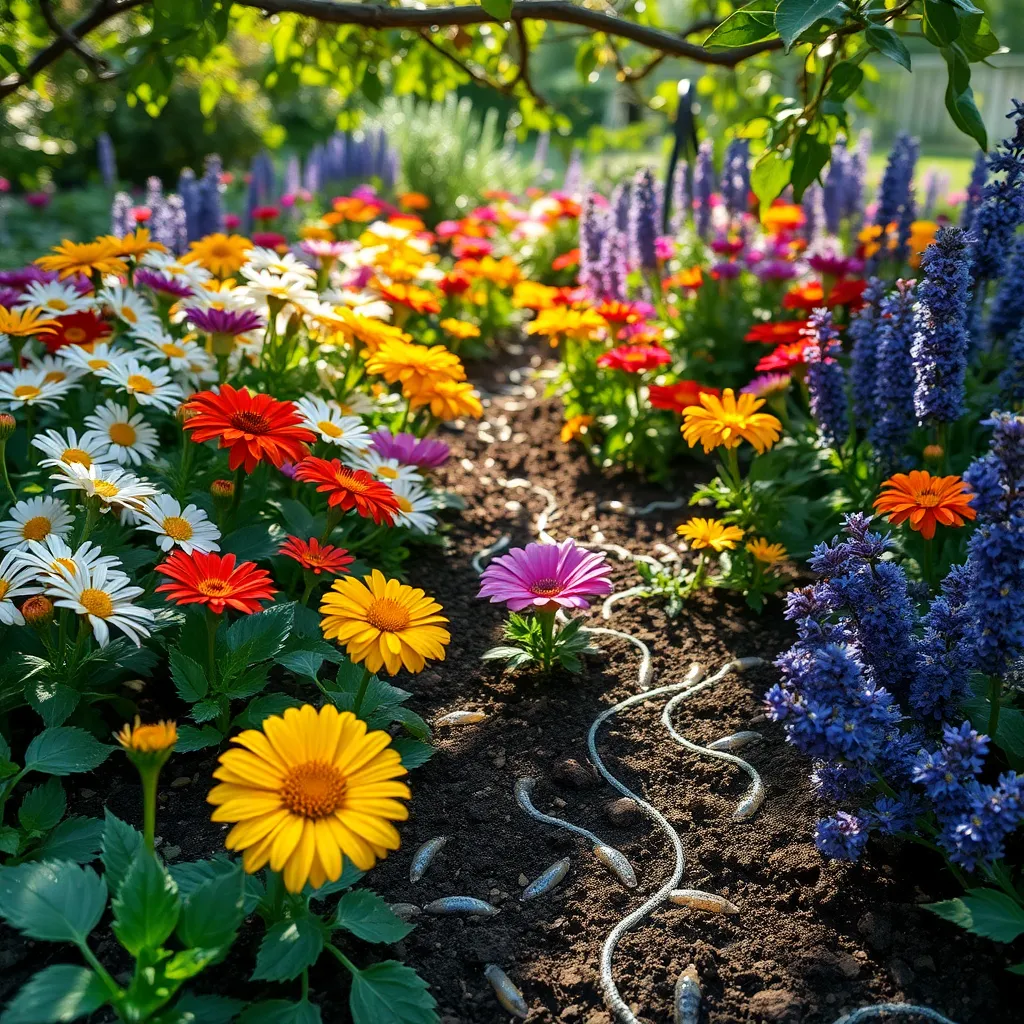
Slugs can wreak havoc in flower beds, leaving behind telltale slime trails and damaged plants. To naturally repel these pests, consider using barriers such as crushed eggshells or copper tape around your plants, which create physical obstacles that slugs dislike crossing.
Another effective method is to encourage natural predators like birds and frogs, which feed on slugs. To do this, create an inviting garden environment by adding a small water feature or birdhouses, which will help maintain a balanced ecosystem.
For a more hands-on approach, you can use beer traps, which attract slugs and drown them. Simply bury a shallow dish to ground level, fill it with beer, and check it regularly, removing any slugs that have ventured in.
To enhance soil health and deter slugs, incorporate organic matter such as compost regularly. This not only improves drainage and plant health but also creates a less hospitable environment for slugs, reducing their presence over time.
Conclusion: Growing Success with These Plants
In navigating the intricate dance of relationships, understanding when to naturally repel the pests that threaten your garden of love is vital. We explored five key concepts: recognizing the subtle signs of issues, addressing conflicts with empathy, nurturing communication channels, setting healthy boundaries, and fostering mutual growth. Each of these aspects is a stepping stone to cultivating a thriving partnership.
As an actionable step, consider initiating a heartfelt conversation with your partner today, focusing on one of these areas, to strengthen your connection and address any lingering concerns with understanding and care.
Remember, relationships are like gardens—they require ongoing attention and nurturing. Bookmark this article to revisit these essential concepts and strategies, ensuring you can refer to them as you continue to cultivate your relationship.
Looking forward, the journey toward relationship success is one of continuous learning and adaptation. By embracing these principles and taking proactive steps, you are empowering yourself to build a resilient and fulfilling relationship. Let this be your guide, and may your relationship bloom beautifully. Save this article now, and take the first step toward enriching your love today.
